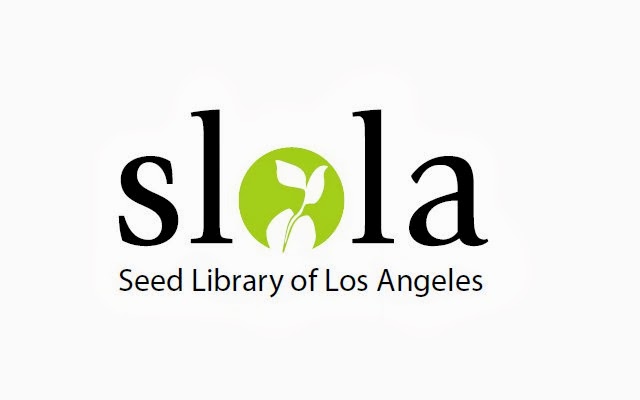I am privileged to serve on a panel after the viewing of this documentary along with Alexa Delwiche and Teague Weybright, two folks I've had the chance to work with in these past few years. Both are profoundly knowledgeable and I'm sure this will be a marvelous evening of provocative thinking and vision.
The Los Angeles Community Garden Council presents…
Sunday June 1, 2014
3:45 to 6:00PM
Park La Brea Movie Theater
475 S. Curson Avenue
Los Angeles, CA 90036
EVENT TIMELINE
3:45PM – Arrive and enjoy healthy snacks.
4:00PM – The 60 minute movie starts.
5:00-6:00PM – Refreshments & discussion with local urban agriculture experts:
> Teague Weybright, Board President, LACGC
> Alexa Delwiche, Managing Dtr, LA Food Policy Council
> David King. Founding Chair, Seed Library of LA.
TICKET PRICES
Adults: $14.00
Under 18: $10.00
To purchase tickets and get more information, go to:
Sponsored by: LACGC & the Park La Brea Residents Association
david


